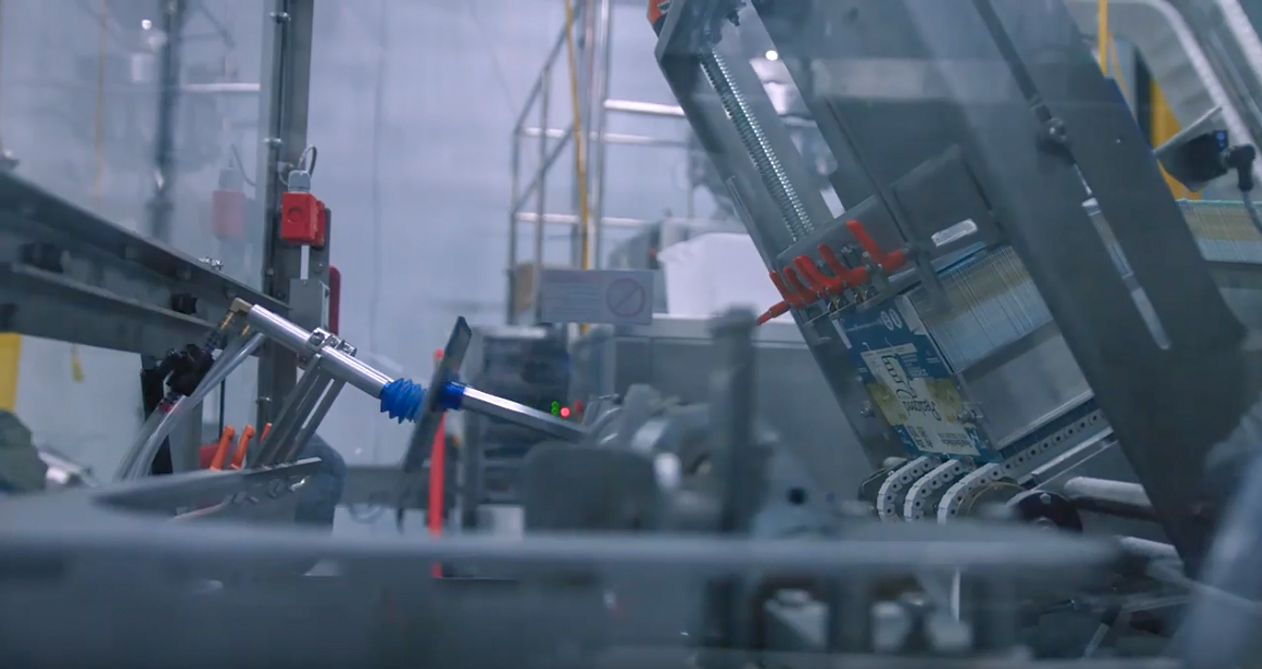Articles & Videos
How to Qualify for Invoice Factoring

Steady, predictable cash flow is the main reason businesses use accounts receivable financing but if you’ve never done it before, you might be wondering how best to qualify for invoice factoring services. If you’re hoping to apply for factoring, it’s good to be prepared and get to know some of the typical requirements that will be asked of you as you’re shopping around; it should also help you get funded faster if you’ve gathered everything you need in advance.
Factoring companies are not governed in the same way as a commercial bank so each one will have different requirements and processes but as a general rule of thumb they’ll be looking for the following from a prospective client;
- Operates a business that sells to other businesses (B2B). The business will need to be a legal entity so it will have been incorporated in the country you’re applying.
- Business clients will have payment terms of 30 days or more.
- Will have credit-worthy clients with unpaid invoices; bigger customers that dominate the company’s sales ledger can be a real advantage.
- gross profit margins in-line with the size of the business, however, don’t worry if the business is less than healthy and operating at a loss, we’ve supported many businesses in this situation.
- There are no charges or liens placed on your accounts receivable from other finance companies. Alternatively if there has been a lien filed you can still be factored in certain circumstances so long as the lien is either satisfied in the first instance or there is a payment plan in place. Charges on accounts receivable may also be addressed through the factoring company taking the first position on it over another creditor.
- Businesses applying for factoring should not usually have an open bankruptcy either corporate or personal. Having said that, there are some occasions where factoring will be a good fit for a company going through a chapter-11 bankruptcy in the US or has submitted an NOI under the Canadian Bankruptcy and Insolvency Act. In these situations, factoring companies may be able to utilize debtor-in-possession financing to give the business an opportunity to restructure their business and finances.
- Applicants should have good personal character – factoring companies will often take a look at personal credit, criminal record and so on to get a sense of the personal character and integrity of the business owner.
- Businesses should have a business bank account for wire transfer payment or other.
- There may be industry specific requirements; in the staffing industry for example, proof of liability insurance and worker’s compensation may be .
Although it’s not a requirement, a trade credit insurance policy can be appealing to a factoring company and will simply bolster a factoring application.

Common documents requested for a factoring application
As part of the factoring application, these are some of the more commonly requested documents that you’ll be required to complete or provide;
- A form of personal identification;
- A tax ID number;
- The factoring application itself which will detail business, industry and contact details plus monthly sales volumes;
- An accounts receivable aging report, usually for a 90-day period, which shows all outstanding invoices, their value and when they are due to be ;
- Bank statements;
- A copy of your Articles of Incorporation for an incorporated business, and;
- Sample invoices factor along with supporting documents such as time sheets and Proof of Deliveries (PODs).
Although dependent on industry-specifics, arranging a factoring agreement is generally a much simpler and quicker process than applying for a bank loan or other, more traditional finance. A less than perfect credit rating, exhausting bank lines of credit and being a relatively new business with no history shouldn’t deter you from applying; factoring companies are able to take a more flexible view of your application and are more concerned with the credit-worthiness of your customers than your credit rating or track history.
Factoring companies are all different, with varying guidelines and beyond comparing by rates, you might want to consider other ways to choose an invoice factoring company to ensure you find the right fit for your business needs and goals.
Whatever your needs, we’re always happy to assist with any questions you might have on applying for factoring or the factoring process – reach out to our team today and be funded in as quickly as a few days.
Search
News
Q4 2024 Funding Highlights
With 2024 all wrapped up, we’re proud to share a snapshot of the incredible businesses we’ve had the privilege to…
Read MoreArticles
Challenges Facing Staffing Agencies Today
Staffing agency owners are emerging from the pandemic cautiously optimistic. After the major upheavals of last year, there seems to…
Read MoreTop 10 Ways to Improve Performance in Food and Beverage Manufacturing
There’s no doubt, being in the food and beverage manufacturing industry at this point in time is tough. It was…
Read MoreVideos
American Business Women’s Day
Sallyport Commercial Finance Celebrates American Business Women’s Day
View NowPopkoffs Client Testimonial
Popkoffs Client Testimonial
View Now




